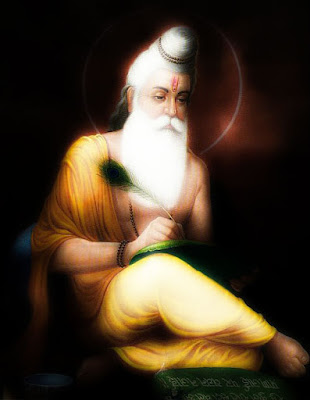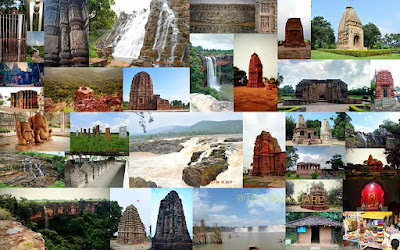Guru Poornima
Guru Poornima/Purnima, otherwise called Vyasa Purnima, is a propitious celebration celebrated by Hindus, Buddhists, and Jains. It falls on the full moon day (Purnima) in the Hindu month of Ashadha (June-July) according to the Hindu schedule, that is today 3-July-2023. This celebration holds gigantic importance in profound and strict practices and is committed to offering thanks and love towards one's Guru or otherworldly educators.
 |
| Vyasa Muni |
As well as respecting Gurus, Guru Purnima likewise urges people to ponder their own otherworldly advancement and restore their obligation to personal growth. It is a period for thoughtfulness, reflection, and looking for gifts from one's Guru for proceeded with direction and edification. Guru Purnima is a festival that has been celebrated since ancient times. The celebration is firmly connected with the sage Vyasa, who is loved as perhaps of the best Guru in Puranas. Vyasa is credited with altering and characterizing the four Vedas, the antiquated Hindu sacred writings. The Mahabharata, which includes the Bhagavad Gita, is also thought to be his.Legend has it that on Guru Purnima, Vyasa, along with his disciples, gathered to recite and discuss the teachings of the Vedas and other spiritual texts. This tradition of transmitting knowledge from a guru to disciples has been carried forward through generations.
 |
| Vyasa Muni |
 |
| Vyasa Muni with a Disciple |
In conclusion, Guru Purnima is a sacred festival that honors the significance of gurus and their invaluable contributions to spiritual guidance. It serves as a call to gratitude for gurus, reflection on one's own spiritual journey, and prayer for wisdom and growth in the future.



Comments
Post a Comment